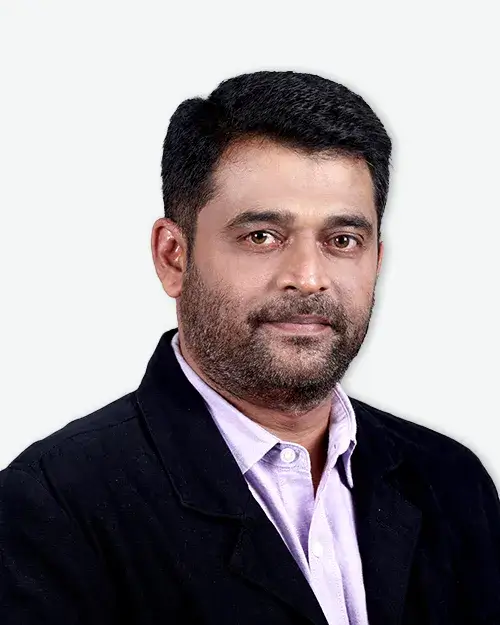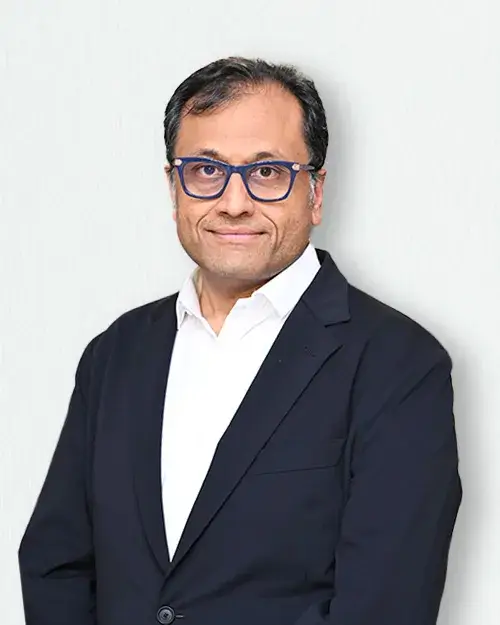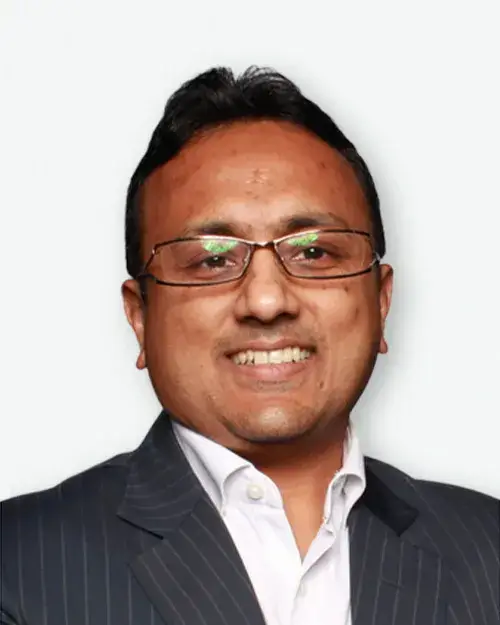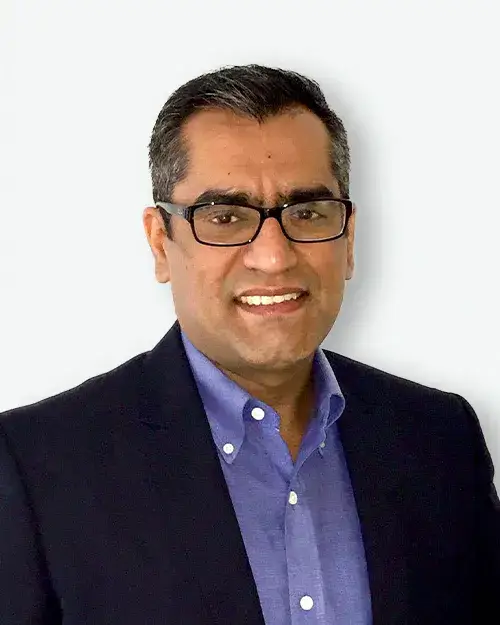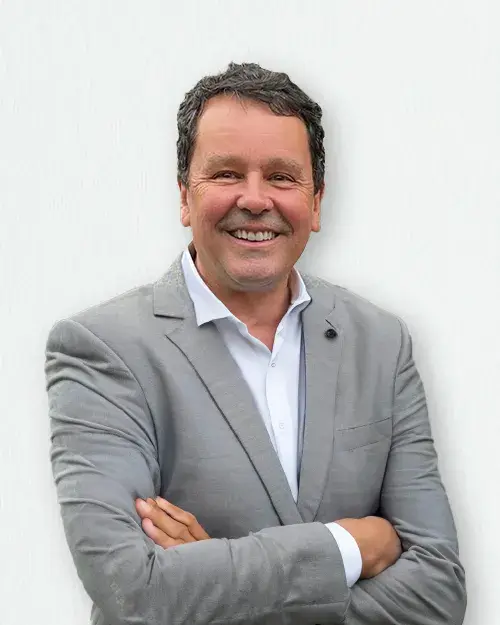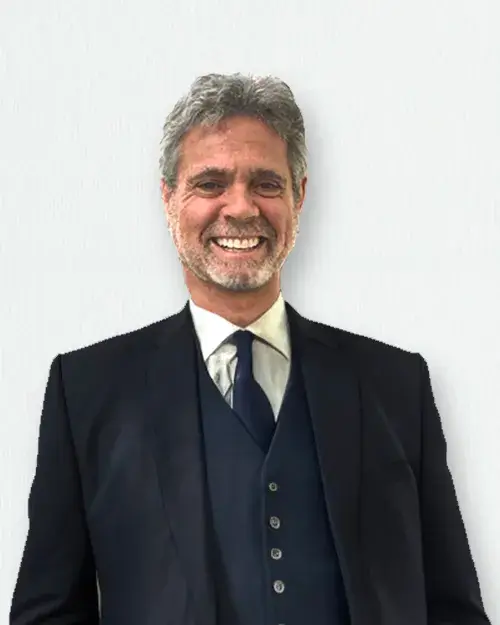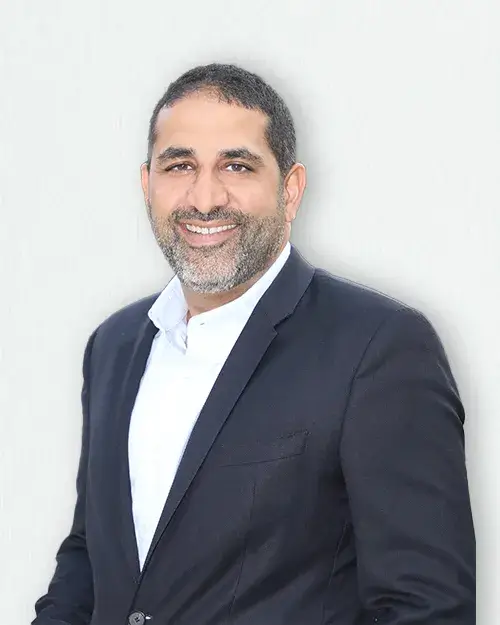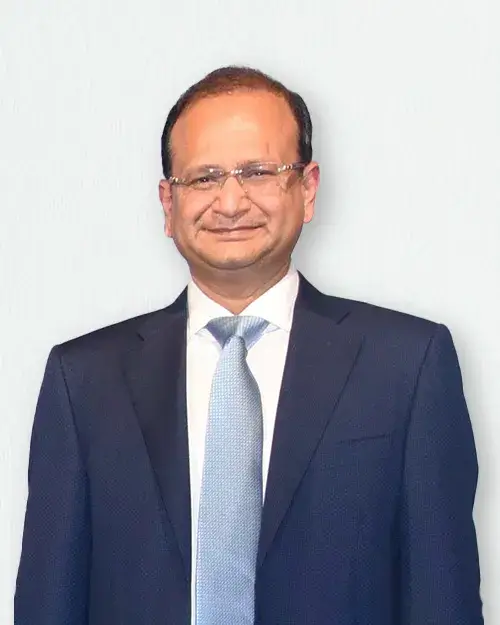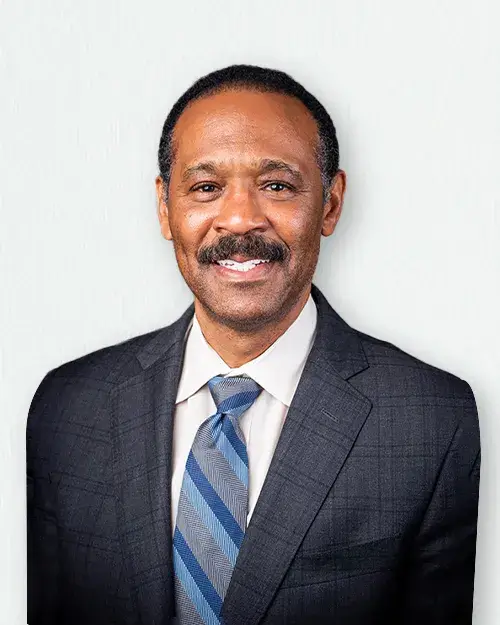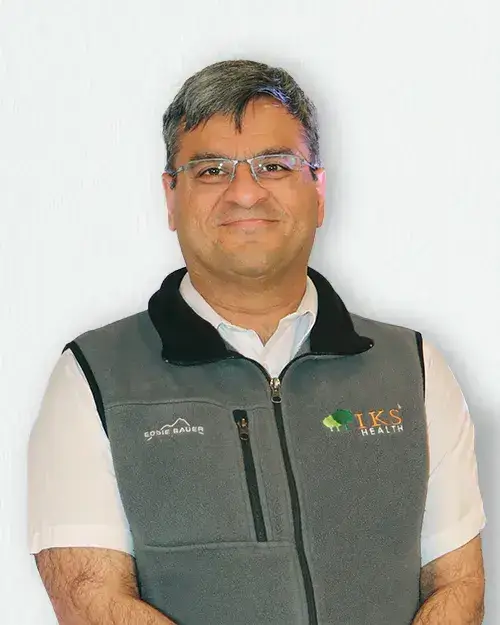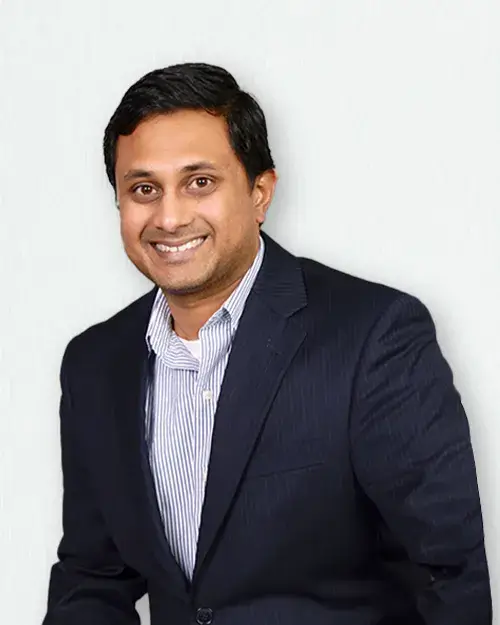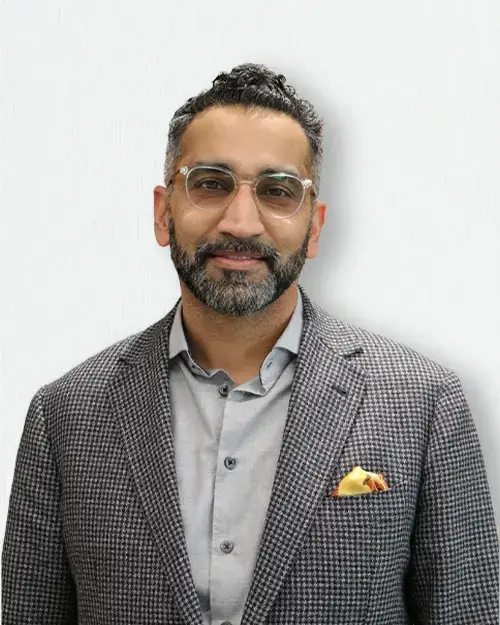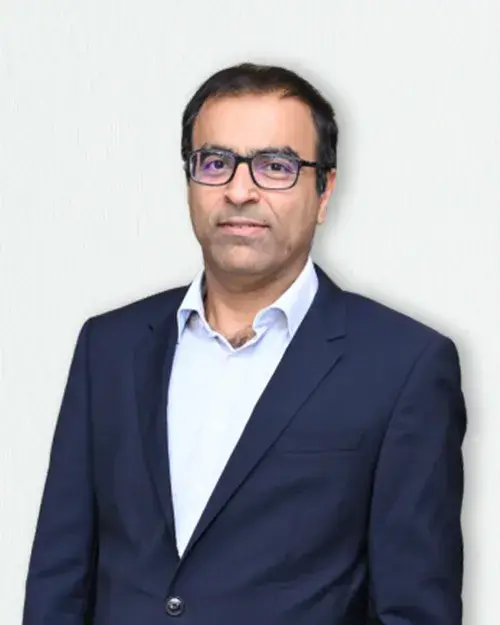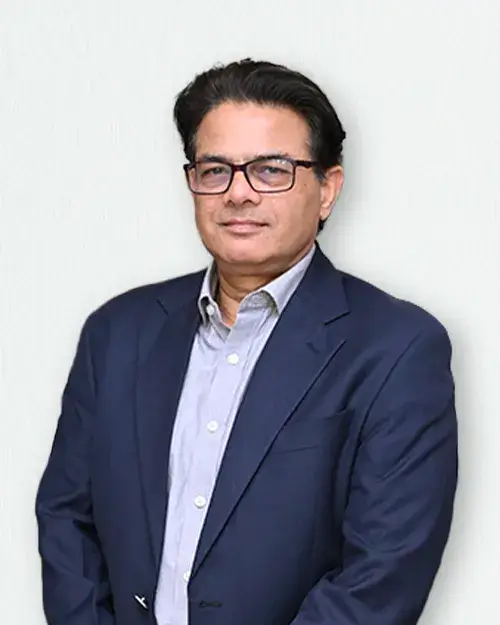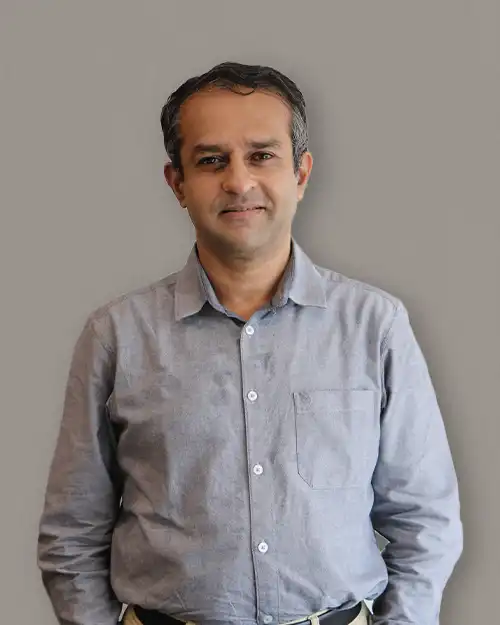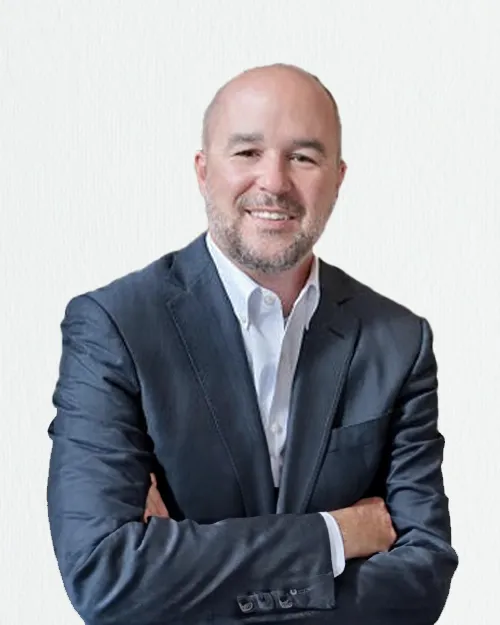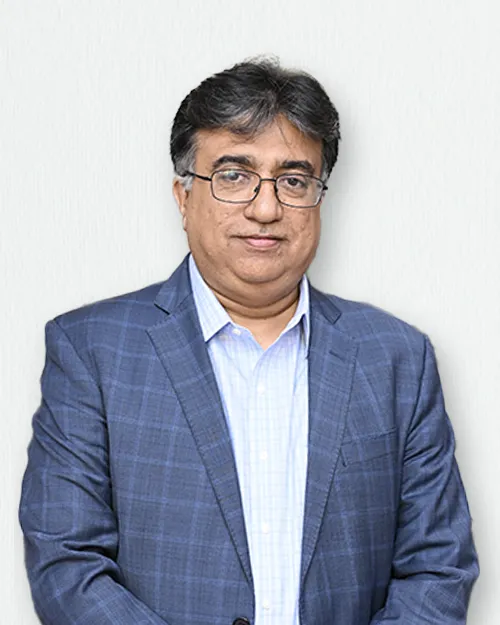World Youth Skill Day 2023: The tectonic shift in the workplace left no choice but to hone your tech skills
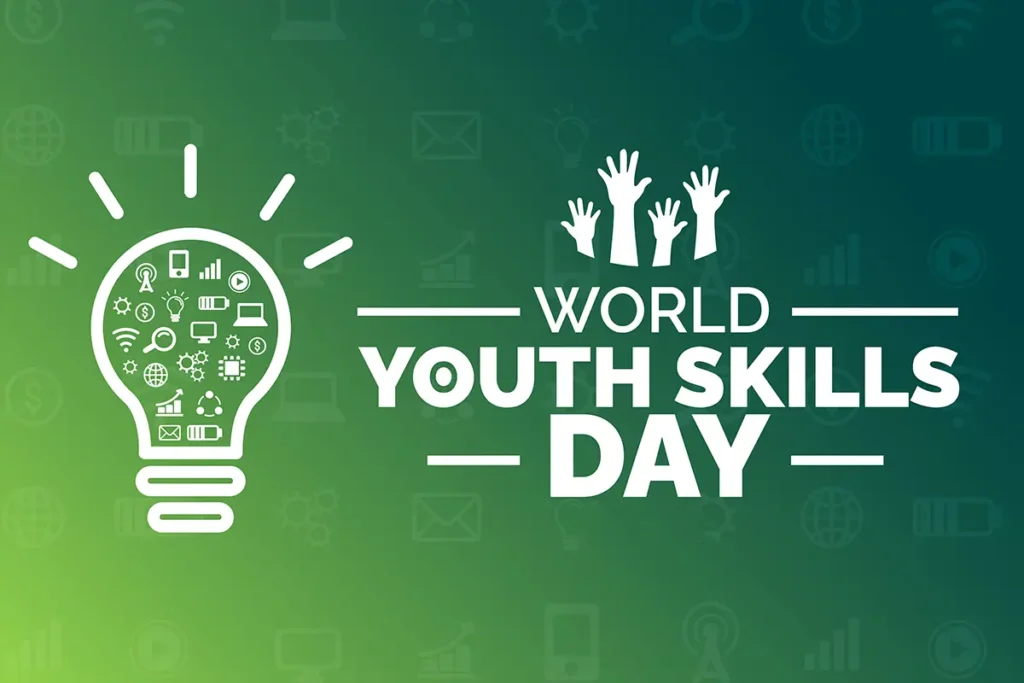
The world is reeling under rapid technological and economic transformation and changing market dynamics. The current situation calls for agile and adaptable skill sets among youth to successfully navigate the ever-changing market.
The workplace rapidly evolves, and young professionals, especially in a country like India where around 66% of the total population is below the age of 35, must equip themselves with the essential skills and embrace emerging trends to thrive in the future job market.
“In a world increasingly driven by technology, digital literacy, and tech skills are no longer optional but vital for professional success,” says Lokesh Nigam, Co-founder & Director, Kognoz Research and Consulting.
Nigam suggests that young professionals nurture their critical thinking abilities, hone their problem-solving skills, and unleash their creative potential. The ability to adapt swiftly and provide unique perspectives will set them apart from the crowd.
Echoing similar views, Pramod Prabhakar, Human Resources Business Partner (HRBP), Wadhwani AI, also points out that youth need to work on their critical thinking ability to analyse situations, think critically and find effective solutions that lead to a definitive output.
Adaptability and flexibility are other essential skills for young people to develop for the workplace of the future. “Industries and job requirements continue to evolve rapidly. Additionally, digital literacy and proficiency in emerging technologies such as artificial intelligence, data analysis, and automation will be crucial. Strong communication and collaboration skills, including virtual teamwork, will also be highly valued,” says Vikram Ahuja, MD ANSR, CEO and Co-Founder Talent500.
Collaboration to bridge the skill gap
The skills gap is a growing challenge globally. According to a recent report by the World Economic Forum, by 2030, the global workforce will need an additional 100 million skilled workers to meet the demands of the labor market. This skills gap is particularly acute for young people. A study by the McKinsey Global Institute found that 40% of young people in developing countries are not equipped with the skills they need to get a job.
There are a number of reasons for the skill gap. “One reason is that the nature of work is changing rapidly. As automation and artificial intelligence become more prevalent, many jobs that are currently done by humans will be automated. This means that workers will need to be upskilled to take on new jobs that require different skills. Another reason for the skills gap is that the education system is not always keeping pace with the needs of the labor market. Many schools are still teaching outdated skills that are no longer in demand,” says Abhay Srivastava, Chief Human Resource Officer, IKS Health.
Academic institutions are the breeding ground where young people are nurtured and prepared before getting into the workforce. “Organisations can help to ensure that young people are getting the skills they need to succeed in the workforce. Some of the ways that organisations can actively support this change are by providing sponsorship for innovative projects at educational institutions, they can offer internships and apprenticeships to students, partnering with educational institutions to develop new training programs, and sharing their expertise with educational institutions. The relationship can be symbiotic where organisations get unfiltered innovative ideas from budding professionals and the students get an opportunity to experience the real world where these ideas are being tested. As we dial this partnership up, opportunities would be created for data exchange and ideas,” adds Srivastava.
Francisca Godinho, HR Head-Tredence USA believes that collaboration between organisations and educational institutions or training providers is a strategic necessity today.
“Such partnerships facilitate a symbiosis between academic theory and real-world application, enabling us to influence curricula to reflect industry needs. “This not only equips young talent with up-to-date, relevant skills but also fosters a talent pipeline perfectly aligned with our specific requirements,” says Francisca.
According to Francisca, working with training providers allows industry people to customise learning experiences, offering programs like apprenticeships and internships that provide a practical understanding of the professional environment. “By bridging the skills gap, we are not only investing in the potential of our youth but also ensuring the future competitiveness and relevance of our organisation. These collaborations are a critical part of preparing the next generation for the demands of tomorrow,” Francisca adds.











